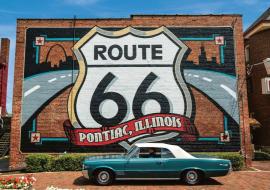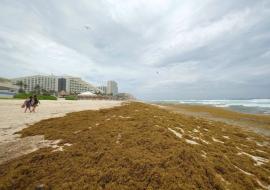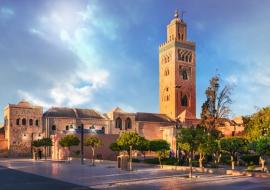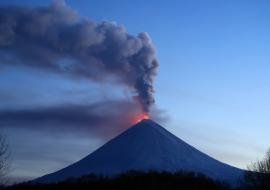U.S. Accuses T&T Police, Immigration Officers of Sex Trafficking
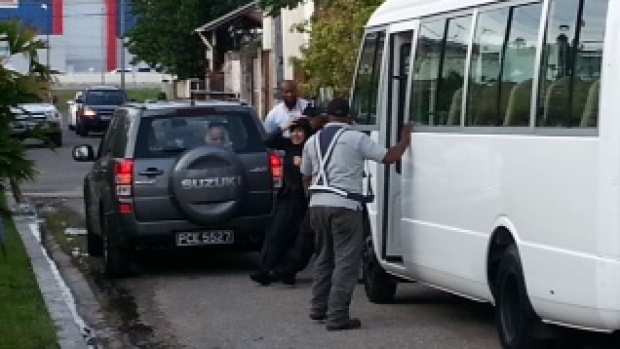
Trinidad and Tobago is a destination, transit, and possible source country for adults and children subjected to sex trafficking and forced labor. Women and girls from the Dominican Republic, Guyana, Venezuela, and Colombia are subjected to sex trafficking in brothels and clubs, with young women from Venezuela especially vulnerable.
Economic migrants from the Caribbean region, especially Guyana, and from Asia are vulnerable to forced labor. Victims have been subjected to forced labor in domestic service and the retail sector.
Immigration officials note an increase in international criminal organizations’ involvement in trafficking, and NGOs report young boys are coerced to sell drugs and guns. In a break with common practice, some traffickers have recently allowed victims to keep their passports, removing a common indicator of human trafficking in an attempt to avoid detection. Many other traffickers continue to confiscate victims’ passports and travel documents.
Economic migrants who lack legal status may be exposed to various forms of exploitation and abuse indicative of trafficking. Trinidad and Tobago experiences a steady flow of vessels transiting its territorial waters, some of which may be engaged in illicit and illegal activities, including forced labor in the fishing industry.
Complicity by police and immigration officials in trafficking crimes impeded anti-trafficking efforts. Law enforcement and civil society reported some police and immigration officers facilitated trafficking in the country, with some law enforcement officials directly exploiting victims.
Anti-trafficking stakeholders reported some police officers had ties to sex trade establishments, which is likely to inhibit law enforcement’s willingness to investigate allegations of trafficking in the sex trade.
The Government of Trinidad and Tobago does not fully comply with the minimum standards for the elimination of trafficking; however, it is making significant efforts to do so. The anti-trafficking unit sustained efforts to identify trafficking victims and refer them to care.
Despite these measures, the government did not demonstrate overall increasing anti-trafficking efforts compared to the previous reporting period; therefore, Trinidad and Tobago is placed on Tier 2 Watch List.
The government investigated trafficking offenses—including potentially complicit law enforcement and immigration officials—but initiated only one prosecution against a suspected trafficker under its 2011 anti-trafficking law, a significant decrease compared with the 12 prosecutions during the previous reporting period.
Immigration and police officers have been implicated in facilitating sex trafficking. The government has yet to convict any individuals under its anti-trafficking law and did not develop a national plan of action as mandated under the law.








